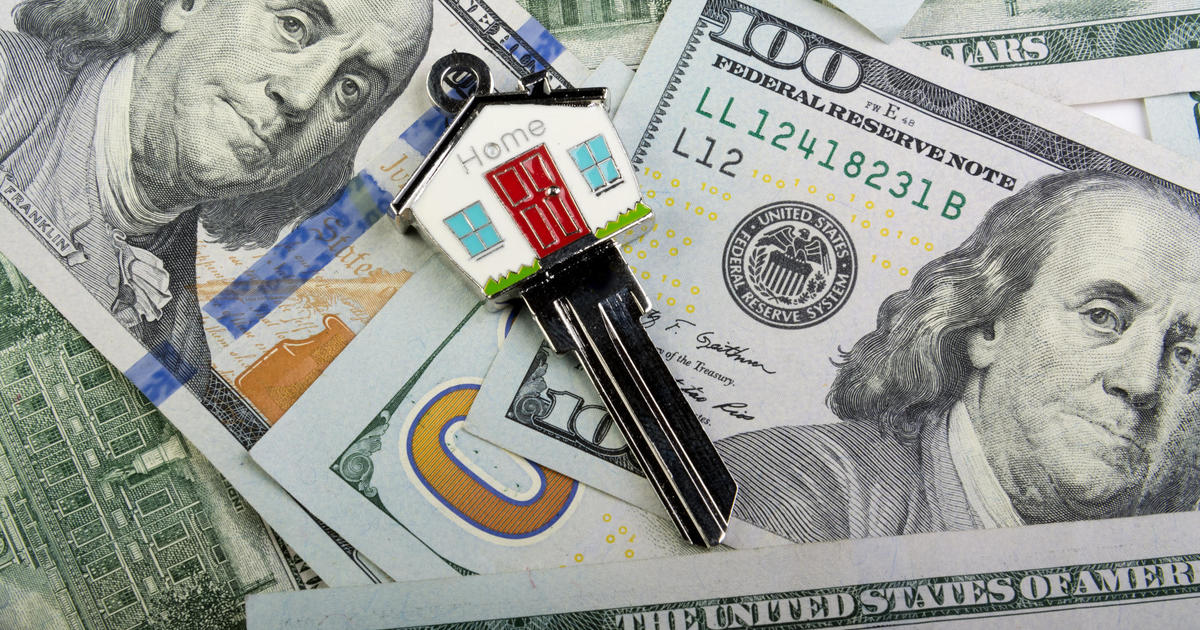Would a corporate "tax holiday" boost the U.S. economy?
Would a so-called tax holiday for U.S. corporations, as proposed under the Republican tax bill, create more jobs and otherwise spur economic growth?
Not if history is any guide. A tax cut on profits companies hold outside the U.S. 13 years ago didn't yield as big a boost as advocates claimed it would, drawing critics ranging from the conservative Heritage Foundation to the liberal Institute for Policy Studies.
The 2004 American Jobs Creation Act temporarily slashed taxes on repatriated earnings, or profit companies make from foreign operations that they bring back to use inside the U.S., from 35 percent to 5.25 percent. About 9,700 companies took advantage of the tax break, bringing back $312 billion. Fifteen companies, led by Pfizer, Merck and Hewlett-Packard, accounted for 52 percent of the repatriated money.
Instead of expanding operations or hiring, the 364 firms that repatriated the lion's share of the money mostly raised their spending on stock repurchases, which tends to disproportionately benefit wealthier investors, a 2008 study found. A Congressional Research Service report that analyzed the tax holiday several years later also concluded that the corporate tax cut "did not increase domestic investment or employment."
"The experience from the 2004 tax holiday suggests that most of this money will be distributed to shareholders, not invested in U.S. business assets," Edward Kleinbard, a law professor at the University of Southern California, told the Associated Press.
Meanwhile, low interest rates and favorable credit environment means American companies don't need to tap foreign profits to invest in the U.S., he added.
Proponents of a corporate tax holiday say American companies are effectively taxed twice, which is unfair -- once in the country they do business in overseas and once at home.
Under the sweeping tax bill announced last week, companies could bring back cash held overseas at a one-time rate of 12 percent; for taxes on illiquid holdings, like factories and buildings, the rate would be 5 percent.
Such a two-rate system is something the powerful U.S. Chamber of Commerce has advocated. Companies would no longer pay tax on foreign profits, except in the case of what the House bill calls high-profit subsidiaries that use tax shelters. Those would be taxed at 10 percent.
"The Chamber urges that any forced or deemed repatriation utilize a bifurcated rate to reflect the economic reality that much of the untaxed offshore earnings are not in liquid form," the group noted in a July letter to Sen. Orrin Hatch, R.-Utah, in his capacity as the chairman of the Senate Finance Committee.
U.S. companies have an estimated $2.6 trillion in cash stashed offshore, according to the Institute for Taxation and Economic Policy. That allows them to avoid the 35 percent U.S. corporate tax rate, a rate few actually pay after deductions and other mechanisms. A January report from U.S. Department of the Treasury shows corporations paid an average effective tax rate of about 22 percent between 2007 to 2011.
Among U.S. companies, Apple (AAPL) has the most cash parked overseas, at $246.1 billion, according to a July Moody's Investors Service report.
A Goldman Sachs report estimated American companies' foreign cash hoard as even higher at about $3.1 trillion, according to Bloomberg.
-- The Associated Press contributed to this report



